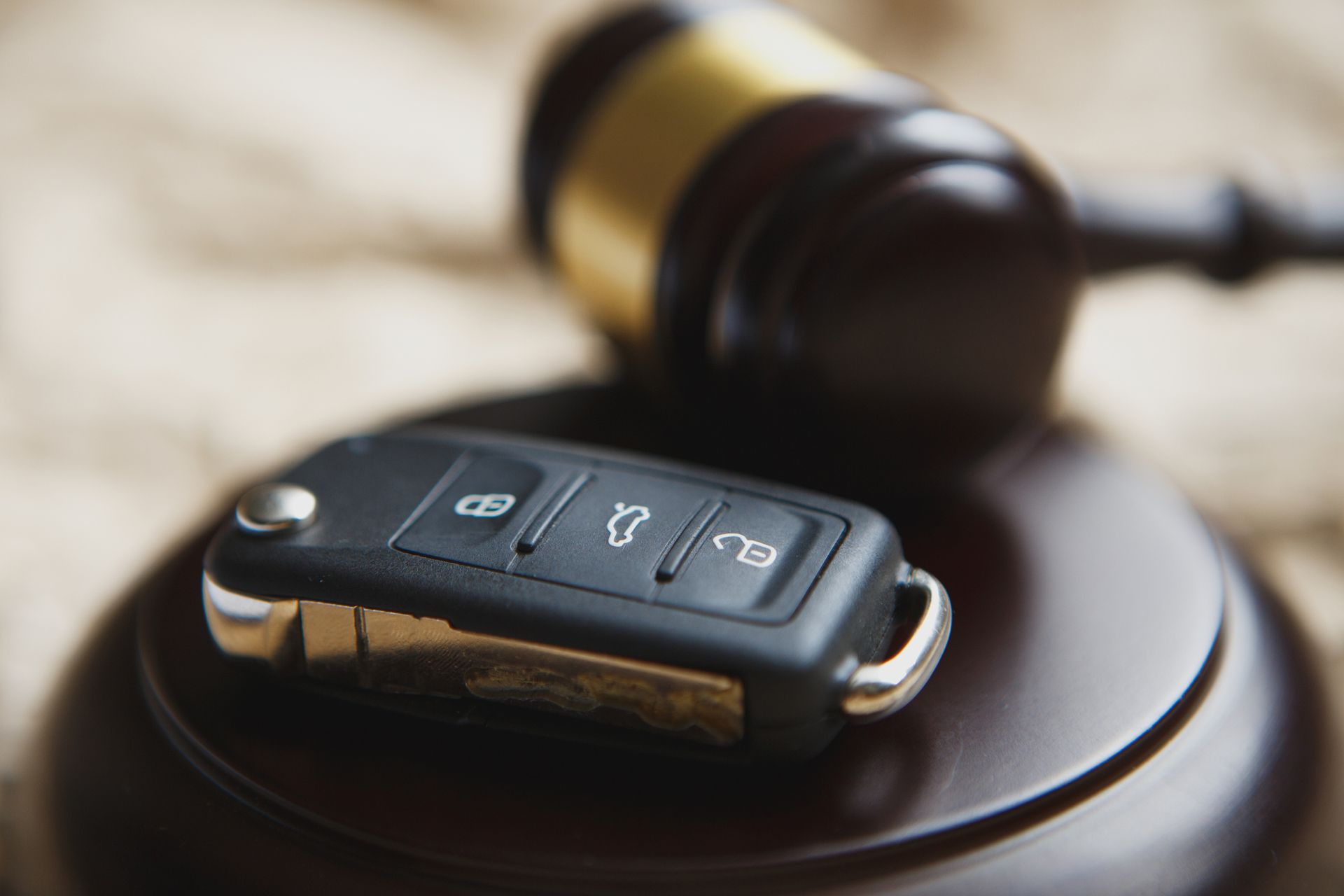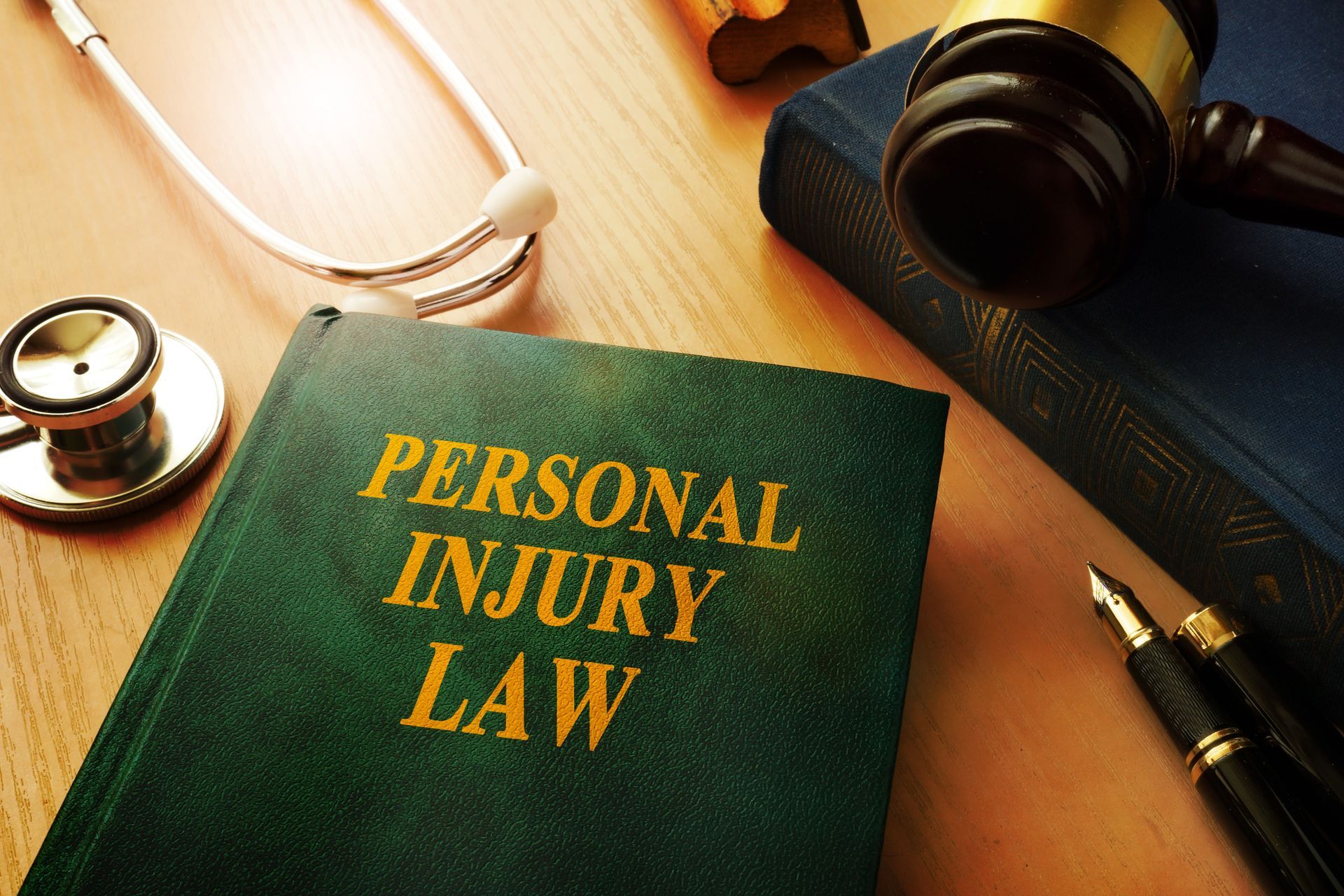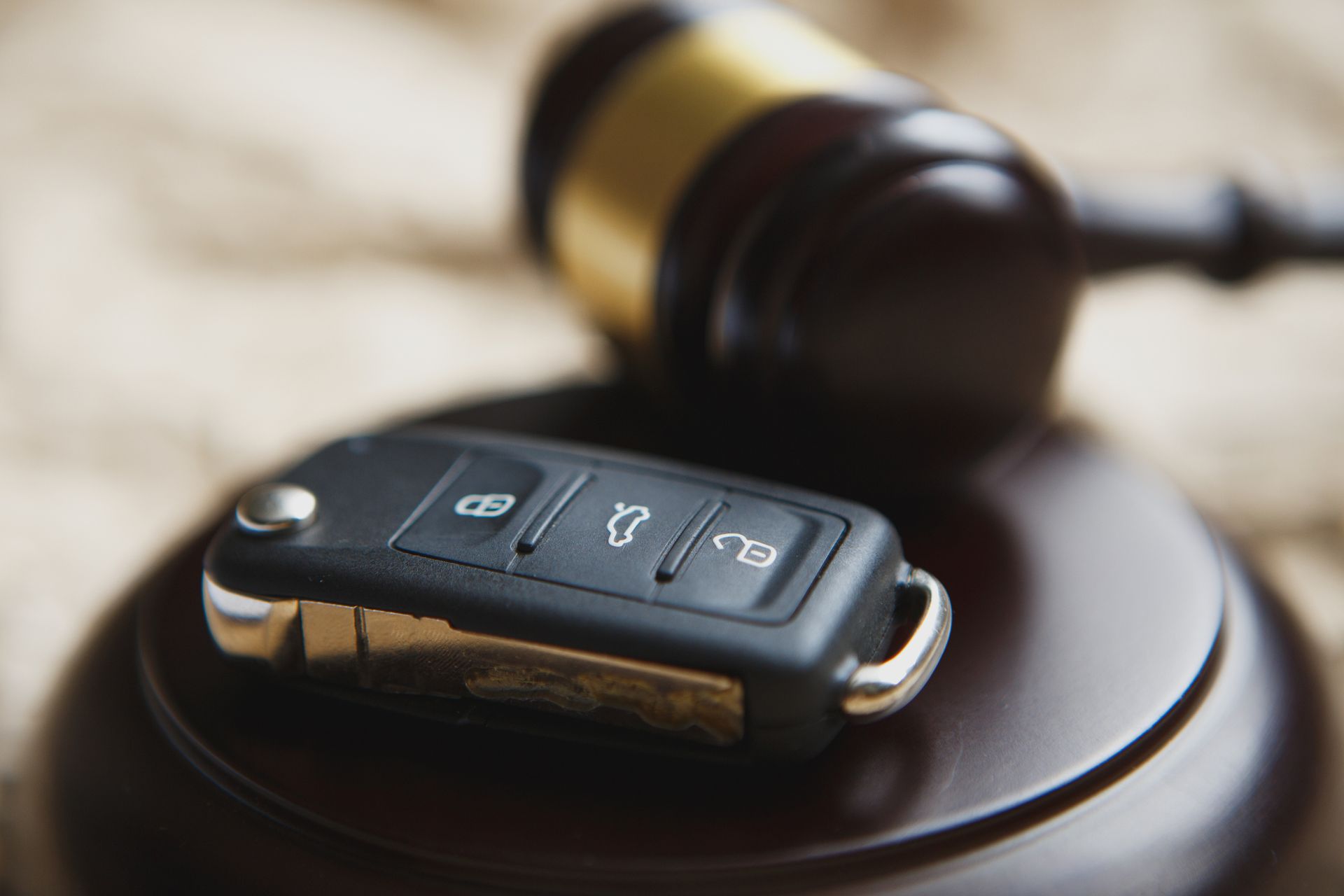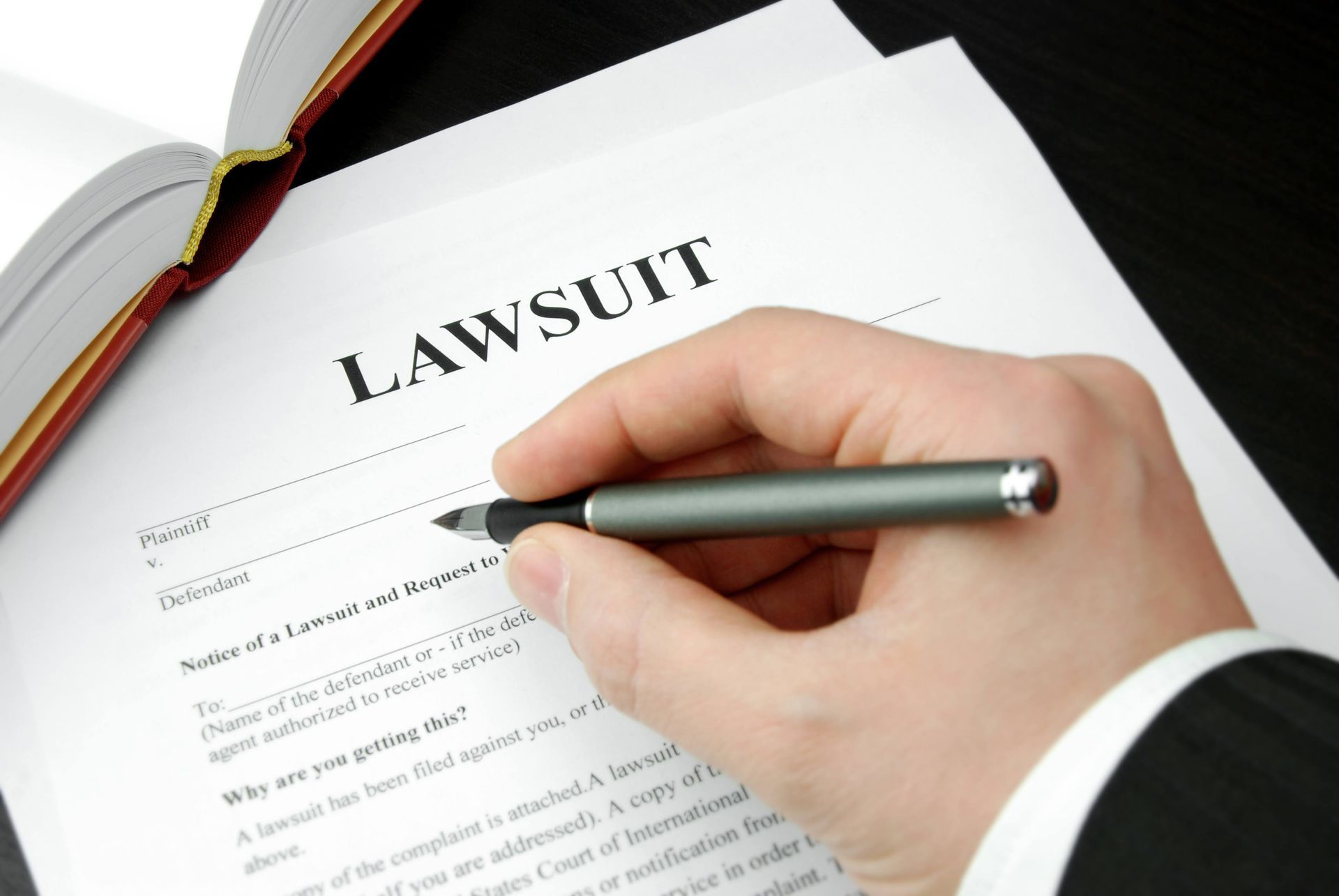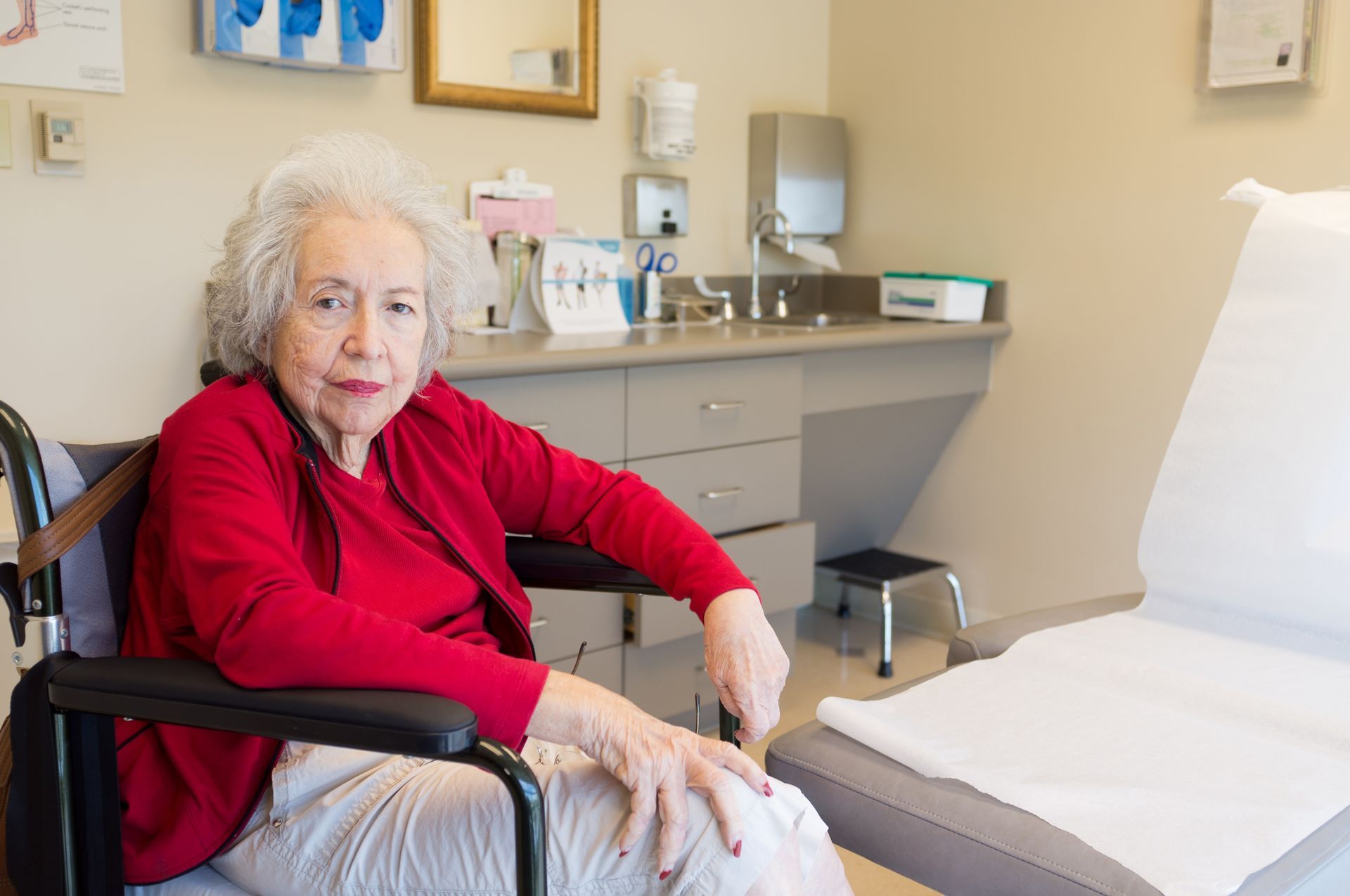Using Premises Liability To Win Compensation After a Mall Attack
Compensation for assault and battery is usually complicated because many individuals lack insurance that covers such intentional acts. If the assault occurs in a public place, like a mall, use premises liability law to get compensation. In this case, the party in charge of the premises should compensate your losses. Read on to discover four things you must prove to use premises liability for your mall attack case.
1. Someone Assaulted You on the Property
First, you must prove that the attack occurred on the property. For example, a shopping mall is not responsible for incidents outside its gates. However, the mall should compensate for losses that occur within its boundaries.
Report your assault as soon as possible to start a paper trail you can use as proof. A security guard, shop manager, or any other mall worker may help you report your case to the right person. Take pictures of your injuries and property damages, such as torn clothing, as evidence. A premises liability lawyer can also help you get security footage from the mall.
2. The Defendant Owned or Managed the Property
You need to prove that the defendant was in charge of the property as either an owner or an occupier. Your assault's location determines whether the owner or occupier is liable, assuming they are not the same person. For example, an attack in a shopping mall's common area triggers the owner's liability. An attack in a specific shop makes the shop owner liable for your damages.
Consider a case where a criminal mugs you in a parking lot. In that case, the building's owner will likely be liable for your damages. However, an attack in a restaurant on the premises makes the restaurant manager liable for injuries.
Witnesses, security camera videos, and pictures can help prove the attack's location. Business licenses, lease agreements, and title deeds can help you prove who is liable for the attack.
3. The Defendant Knew or Should Have Known About the Attack
You must also prove that the premises owner or manager knew or should have known about the attack. This proof is crucial because injury defendants are only liable for injuries they could have stopped, and no one can stop an unforeseen incident.
You can show the defendant knew or should have known about the assault by proving that:
- Multiple mall visitors have suffered attacks on the premises in the recent past
- The mall's common areas have inadequate lightning and criminals can easily hide in the dark corners
- A recent security evaluation warned about inadequate security
- The place lacks security systems, such as cameras, that can deter thieves
The more you can prove, the more likely the court will believe the defendant should have foreseen such an incident.
4. The Defendant Failed To Protect You
Public places should take relevant measures to plug security gaps that can allow injuries to their visitors. For example, a mall owner who commits a security audit should act on the security report and secure their premises. Otherwise, their risk of liability for injuries on the premises increases.
You have a strong case if you can prove that the defendant didn't take any action or took inadequate action to prevent attacks like yours. For example, information about the defendant using budget cuts to install three cameras in a place that requires four can strengthen your case. Your lawyer can get such information during your case's discovery.
Hopefully, you have a strong case to win your compensation during the negotiations. However, don't rely on settling your case without an attorney. Schonberg Law Offices has an extensive experience with injury claims. Contact us to help you collect your compensation.
